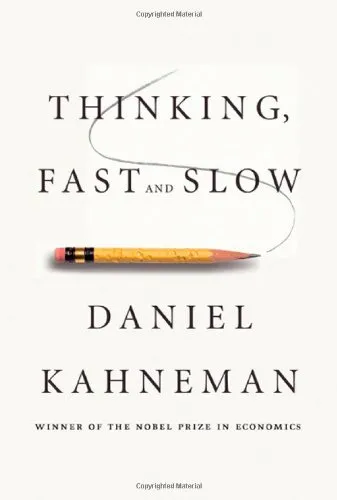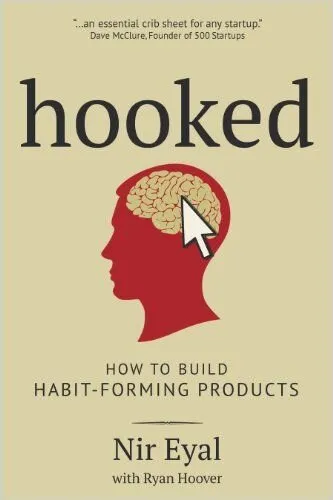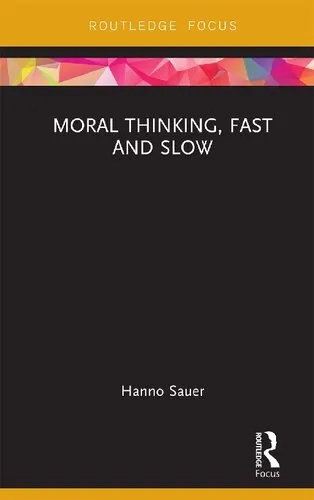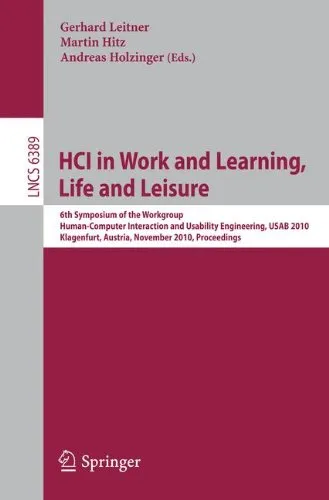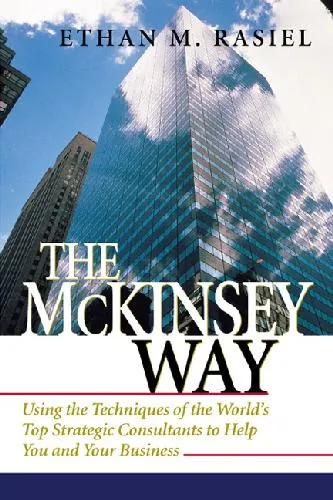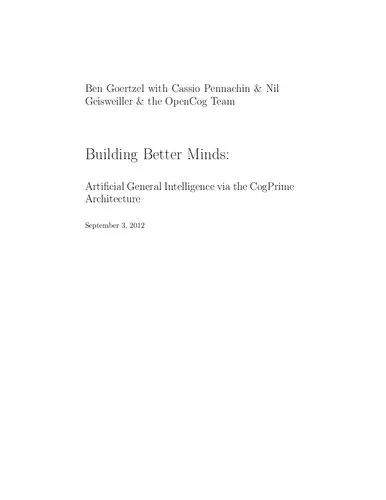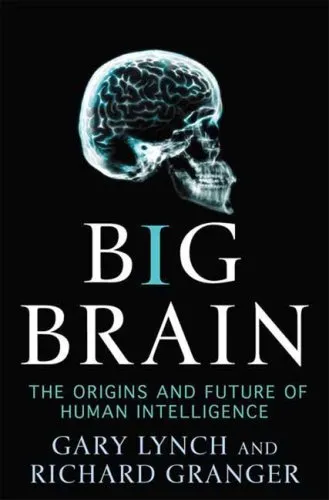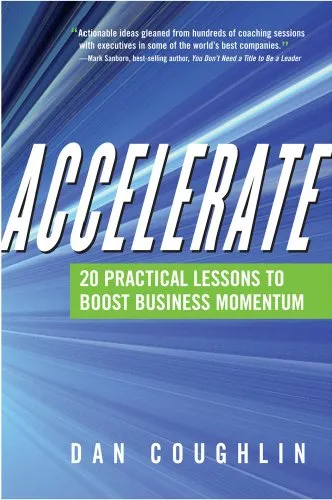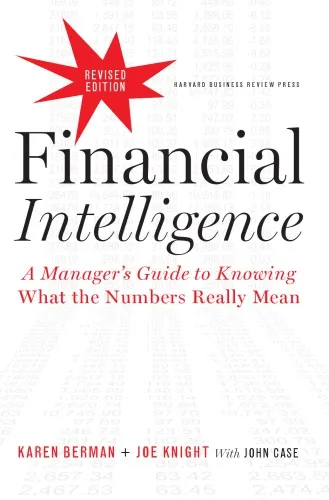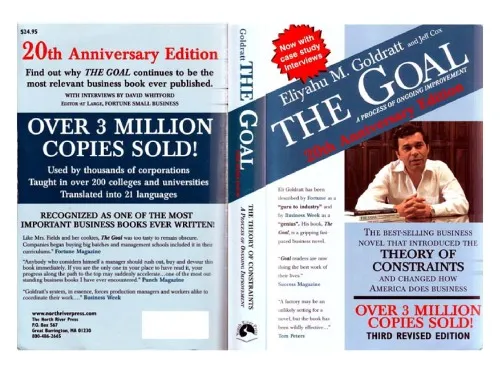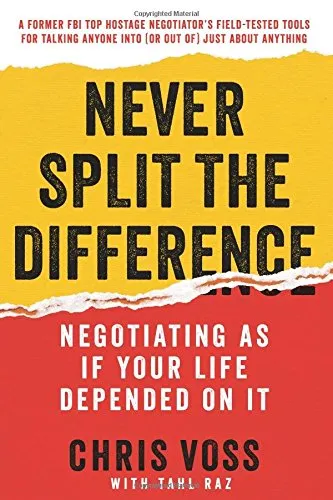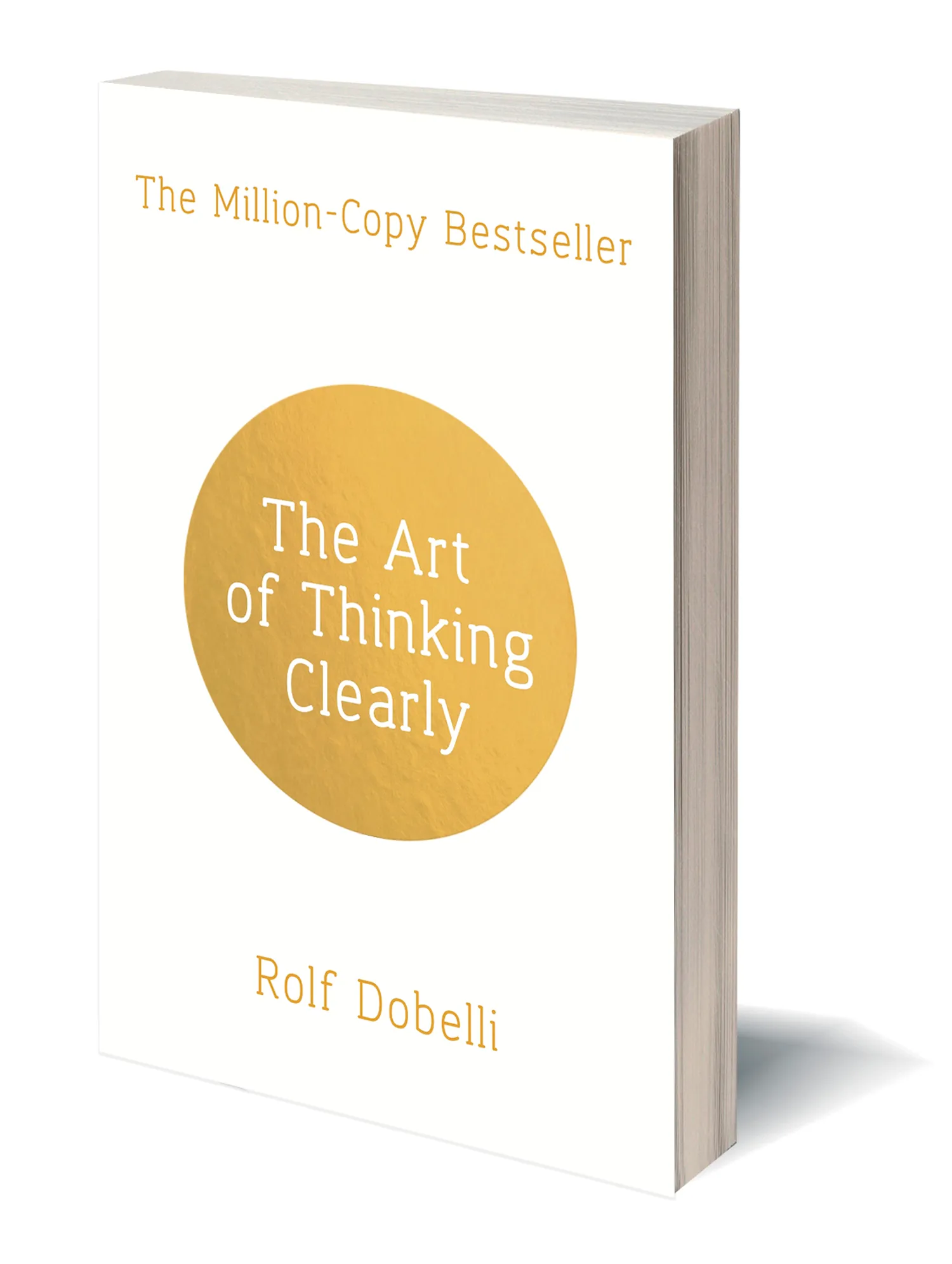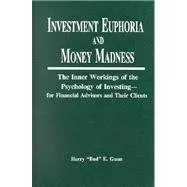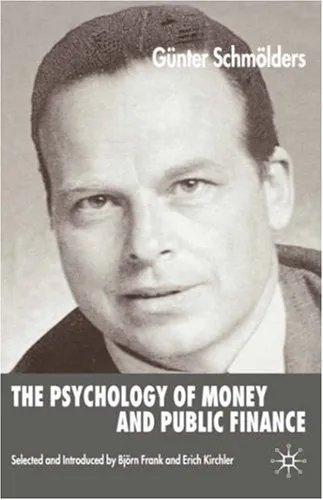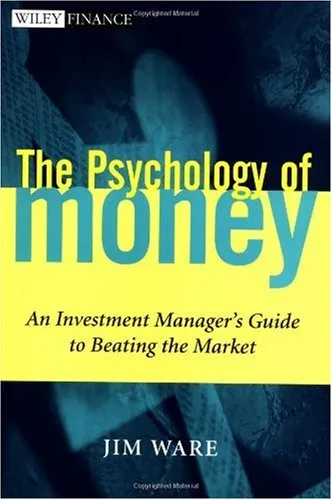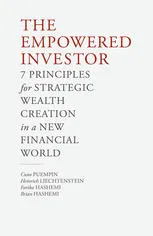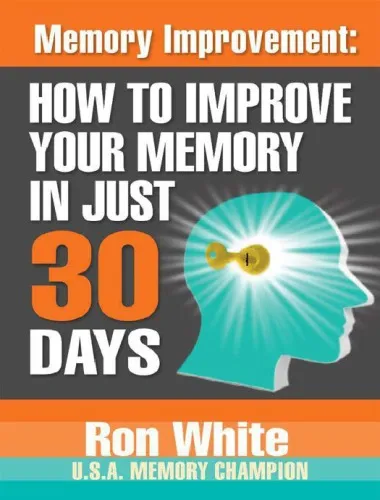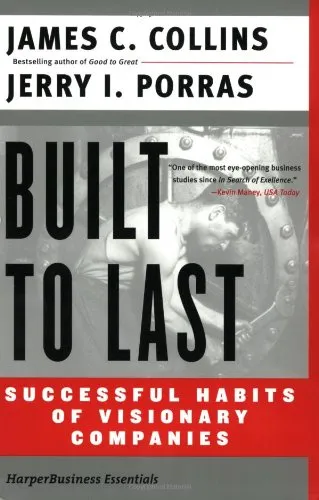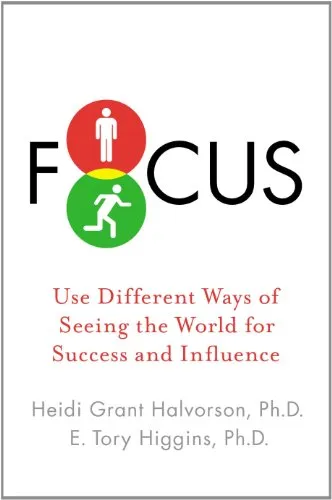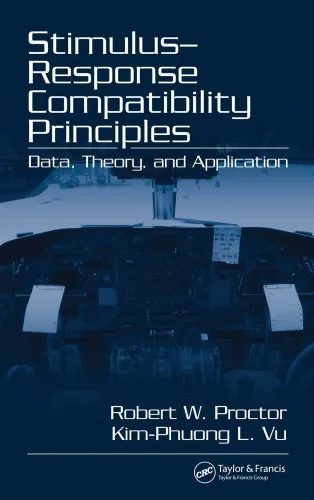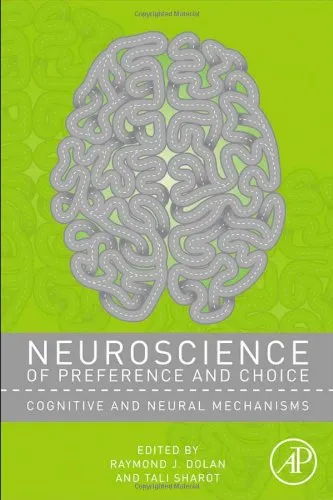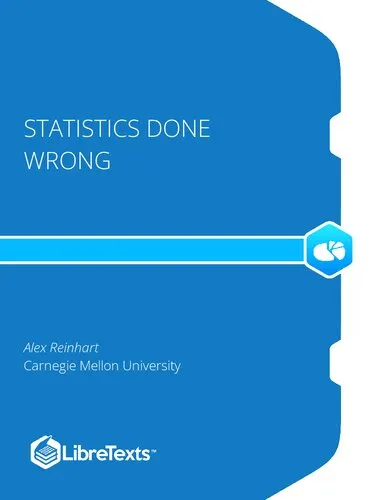Thinking, Fast and Slow
4.5
بر اساس نظر کاربران

شما میتونید سوالاتتون در باره کتاب رو از هوش مصنوعیش بعد از ورود بپرسید
هر دانلود یا پرسش از هوش مصنوعی 2 امتیاز لازم دارد، برای بدست آوردن امتیاز رایگان، به صفحه ی راهنمای امتیازات سر بزنید و یک سری کار ارزشمند انجام بدینکتاب های مرتبط:
معرفی کتاب 'فکر کردن، سریع و کند'
کتاب 'فکر کردن، سریع و کند' اثر 'دنیل کانمن' روانشناسی مالی و تصمیمگیری است که در سال ۲۰۱۱ منتشر شد. نویسنده در این کتاب به بررسی دو سیستم اصلی فکر کردن انسان میپردازد: System 1 و System 2، که به ترتیب سریع و احساسی و کند و منطقی عمل میکنند.
خلاصه جامع کتاب
کتاب 'فکر کردن، سریع و کند' در پنج بخش عمده نوشته شده است. در بخش اول، کانمن به معرفی دو سیستم فکر کردن میپردازد. این دو سیستم معمولاً در زندگی روزمره ما و تصمیماتی که میگیریم نقشهای متفاوتی ایفا میکنند. System 1 با سرعت و احساسی بودن خود تصمیمات سریع و غریزی میگیرد، در حالی که System 2 با محاسبات منطقی و آرام خود به تصمیمگیری دقیقتر کمک میکند.
در بخش بعدی، تأثیر فرآیندهای Cognitive Bias و Heuristics بر روی تصمیمگیریها بررسی میشود. او به این موضوع میپردازد که چطور مغز انسان گاهی اوقات از میانبرهای فکری استفاده میکند که میتواند به تصمیمات نادرست منجر شود.
بخش سوم به اقتصاد رفتاری میپردازد و توضیح میدهد که چرا انسانها اغلب رفتارهایی غیرمنطقی در انتخابهای مالی و اقتصادی دارند. کانمن به این پرسش که چرا انسانها معمولاً تصمیمات مالی غلطی میگیرند، پاسخ میدهد.
در بخش چهارم، کانمن به موضوع خوشبختی و نحوهی سنجش احساسات میپردازد. او مفهوم 'Well-being' و نقش آن در تصمیمگیریها را بررسی میکند.
نهایتاً، در بخش آخر، نویسنده به اثرات تلخ و شیرین خاطرات و نظرات نادرست میپردازد و توصیههایی برای بهبود روشهای تصمیمگیری ارائه میکند.
نکات کلیدی
- دو سیستم فکر کردن: System 1 و System 2
- تأثیر Cognitive Bias در تصمیمگیری
- نقش Heuristics در رفتارهای انسانی
- اقتصاد رفتاری و تصمیمگیریهای مالی غیرمنطقی
- ارزشگذاری خوشبختی و Well-being
نقلقولهای معروف کتاب
"Nothing in life is as important as you think it is, while you are thinking about it."
"The confidence that people have in their beliefs is not a measure of the quality of evidence but of the coherence of the story that the mind has managed to construct."
اهمیت این کتاب
کتاب 'فکر کردن، سریع و کند' از اهمیت ویژهای در زمینههای روانشناسی، اقتصاد و تصمیمگیری برخوردار است. کانمن به عنوان روانشناس برنده نوبل، توانسته است با توضیح مکانیزمهای پشت تصمیمگیریهای انسانی، به روشنسازی بسیاری از معماهای روانشناسی و اقتصاد رفتاری کمک کند. این کتاب به خوانندگان کمک میکند تا با شناخت بهتر فرآیندهای ذهنی و کاهش خطاهای شناختی، تصمیمات بهتری بگیرند. علاوه بر این، 'فکر کردن، سریع و کند' در میان دانشگاهیان و علاقهمندان به روانشناسی و اقتصاد رفتاری به عنوان یکی از منابع اصلی شناخته میشود.
In Daniel Kahneman's seminal work, "Thinking, Fast and Slow," readers are invited into the fascinating intricacies of the human mind. This book, recognized as a substantial contribution to psychology and behavioral economics, explores the duality of our decision-making process through two systems of thinking. Kahneman's insights are not just an academic exercise; they have practical implications on how we interact with the world and make choices in our daily lives.
Detailed Summary of the Book
"Thinking, Fast and Slow" breaks down the complexity of human thought into two systems. System 1 is fast, intuitive, and emotional, responsible for immediate reactions and first impressions. In contrast, System 2 is slower, more deliberate, and more logical, engaging in more precise reasoning and careful consideration.
Kahneman meticulously analyzes how these systems interact and how they influence judgment and decision-making. The book travels through various cognitive biases, such as overconfidence and the anchoring effect, illustrating how they can lead to significant errors in thinkings. It delves into complex concepts like Prospect Theory, a critical component that Kahneman explored, which explains how people choose between probabilistic alternatives and evaluate potential losses and gains.
The structure of the book allows readers to journey through a series of engaging narratives and empirical findings that reveal the profound effect these two systems have on personal and professional decisions.
Key Takeaways
- Dual-System Thinking: Understand the interplay between the fast, impulsive System 1 and the slow, calculating System 2.
- Cognitive Biases: Identify and comprehend the various biases that influence our decision-making, often leading us astray.
- Prospect Theory: Gain insights into how people perceive gains and losses, altering the expected value framework traditionally used in economics.
- Implications on Everyday Life: Recognize how these psychological principles can be applied to improve personal finance, health decisions, and overall judgment.
Famous Quotes from the Book
Kahneman's book is rich with insights, and several quotes have gained particular fame for their depth and applicability:
"Nothing in life is as important as you think it is, while you are thinking about it."
"Our comforting conviction that the world makes sense rests on a secure foundation: our almost unlimited ability to ignore our ignorance."
"The idea that the future is unpredictable is undermined every day by the ease with which the past is explained."
Why This Book Matters
"Thinking, Fast and Slow" is not merely an exploration of academic theories; it provides a lens through which readers can better understand the decisions that mold their lives. In a world that increasingly values data-driven decision-making, Kahneman's insights offer a critical look at the human side of choice and uncertainty.
The book challenges us to examine our assumptions, question our decisions, and become more aware of our cognitive biases. This awareness is critical in improving the quality of our judgments and the decisions we make, whether personally or professionally.
Beyond individual implications, Kahneman's work has influenced various fields, from economics and politics to marketing and healthcare, making it indispensable reading for anyone interested in understanding the fundamental mechanics of human thought.
In conclusion, "Thinking, Fast and Slow" is a cornerstone in the field of psychology and behavioral economics. Its extensive research and real-world applicability ensure it remains a crucial resource for individuals seeking to navigate the complexities of decision-making in an unpredictable world.
دانلود رایگان مستقیم
شما میتونید سوالاتتون در باره کتاب رو از هوش مصنوعیش بعد از ورود بپرسید
دسترسی به کتابها از طریق پلتفرمهای قانونی و کتابخانههای عمومی نه تنها از حقوق نویسندگان و ناشران حمایت میکند، بلکه به پایداری فرهنگ کتابخوانی نیز کمک میرساند. پیش از دانلود، لحظهای به بررسی این گزینهها فکر کنید.
این کتاب رو در پلتفرم های دیگه ببینید
WorldCat به شما کمک میکنه تا کتاب ها رو در کتابخانه های سراسر دنیا پیدا کنید
امتیازها، نظرات تخصصی و صحبت ها درباره کتاب را در Goodreads ببینید
کتابهای کمیاب یا دست دوم را در AbeBooks پیدا کنید و بخرید
1517
بازدید4.5
امتیاز50
نظر98%
رضایتنظرات:
4.5
بر اساس 0 نظر کاربران
"کیفیت چاپ عالی بود، خیلی راضیام"
Questions & Answers
Ask questions about this book or help others by answering
No questions yet. Be the first to ask!
